An air-quality monitor at an affordable price
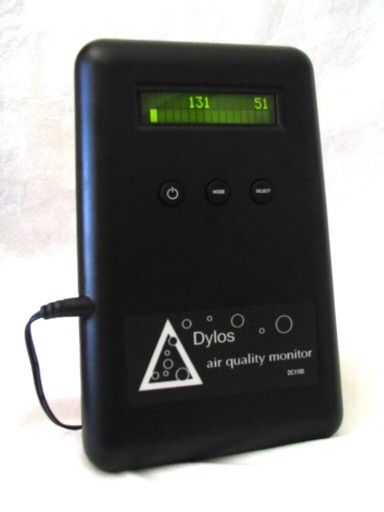
Photo: Courtesy of Dylos Corporation
Wood dust isn’t good for your lungs. And of all the wood dust that floats in the air of your shop, the smallest particles — those under 2.5 microns (or about 1/24 the size of a human hair) — are the most dangerous. Unlike bigger dust particles, those tiny ones can get especially deep inside the lungs, where they stay trapped for a long time, increasing your risk of diseases like asthma, emphysema, and lung cancer. To make things worse, those small ones don’t easily fall out of the air. Instead, they continue to float, sometimes for a week or more, waiting to be inhaled.
Airborne dust can be kept to a minimum by using a good dust collector and air cleaner. But, woodworkers have never had an affordable way to measure just how much dust still gets into the air. That’s recently changed when the Dylos Corporation introduced their model DC1100 air-quality monitor. It measures both small (0.5 micron to 2.5 micron) and large (2.5 micron to 10 micron) dust particles. And it gives you a continuous reading of both counts.
To find out how well your dust control is working, use the DC1100 to take a reading after the shop has been unused for a day or so. Then, take a second reading when you’re working in the shop and the dust-collection machines are at work. Compare the first reading to the second and you’ll know how much dust is still getting into the air. With that information as a baseline, you can work to improve the effectiveness of your collector and air filter.
One more point: If the readings from my shop are any indicator, the DC1100 will remind you to wear a good dust mask in the shop. That’s because there’s no dust collector or filtering system that’s perfect.
The Dylos DC1100 sells for $200. For more information, go to www.dylosproducts.com.



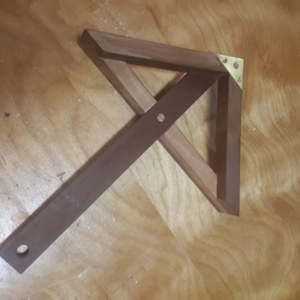
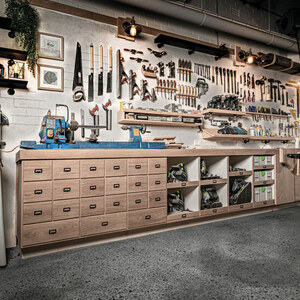
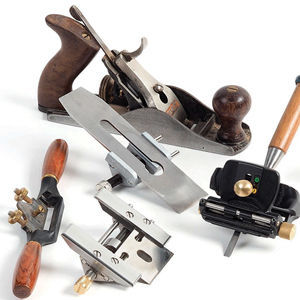
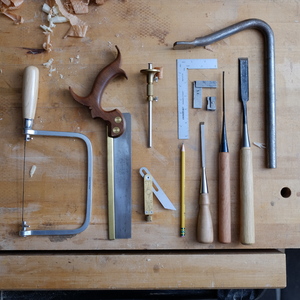











Log in or create an account to post a comment.
Sign up Log in